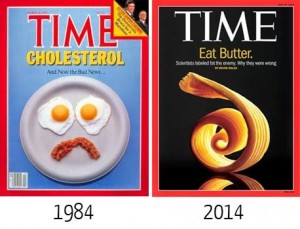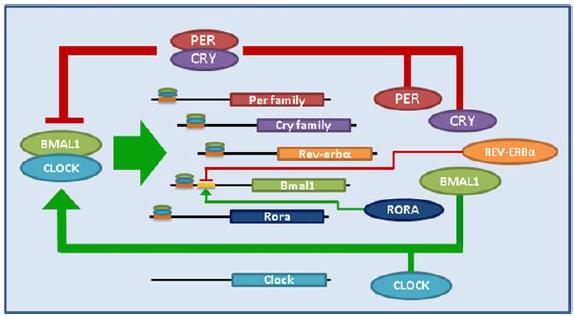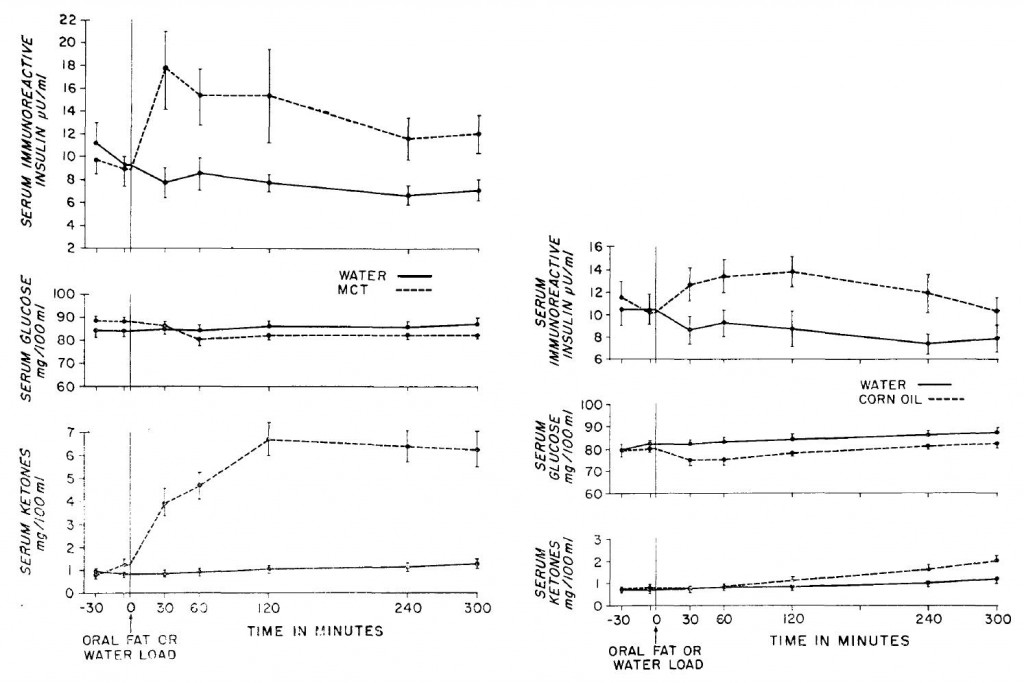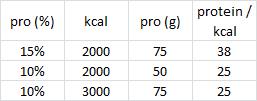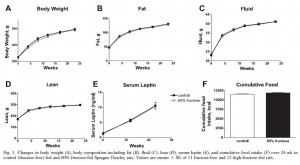From what I gather, it’s been difficult to pinpoint the role of plants in the diet of our ancestors for a variety of reasons. For example, evidence of plants on cooking tools and dental remains is suggestive but doesn’t disprove the possibility that said evidence came from preparing the plants for some other purpose (eg, tools, weapons, or medicine), or that the stomach contents of an herbivore was ingested (which gets partial credit).
That said, after reviewing a few studies on the topic (see below), it’s safe to say that plants were eaten, probably frequently, and the types & quantities varied seasonally & geographically. Collectively, the data suggest we aren’t carnivores.
@CaloriesProper I do wonder why there is so much debate around this? Ancient humans ate plants and animals. The end.
— Jamie Scott (@_Jamie_Scott) July 2, 2014
…you had to have something to hold you over until the next fish fell prey to your deadly hunting spear…

